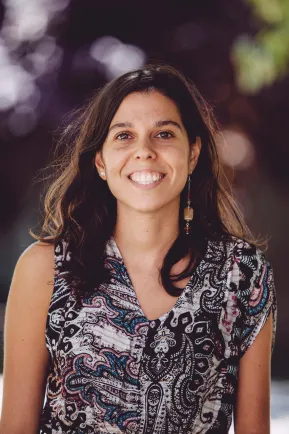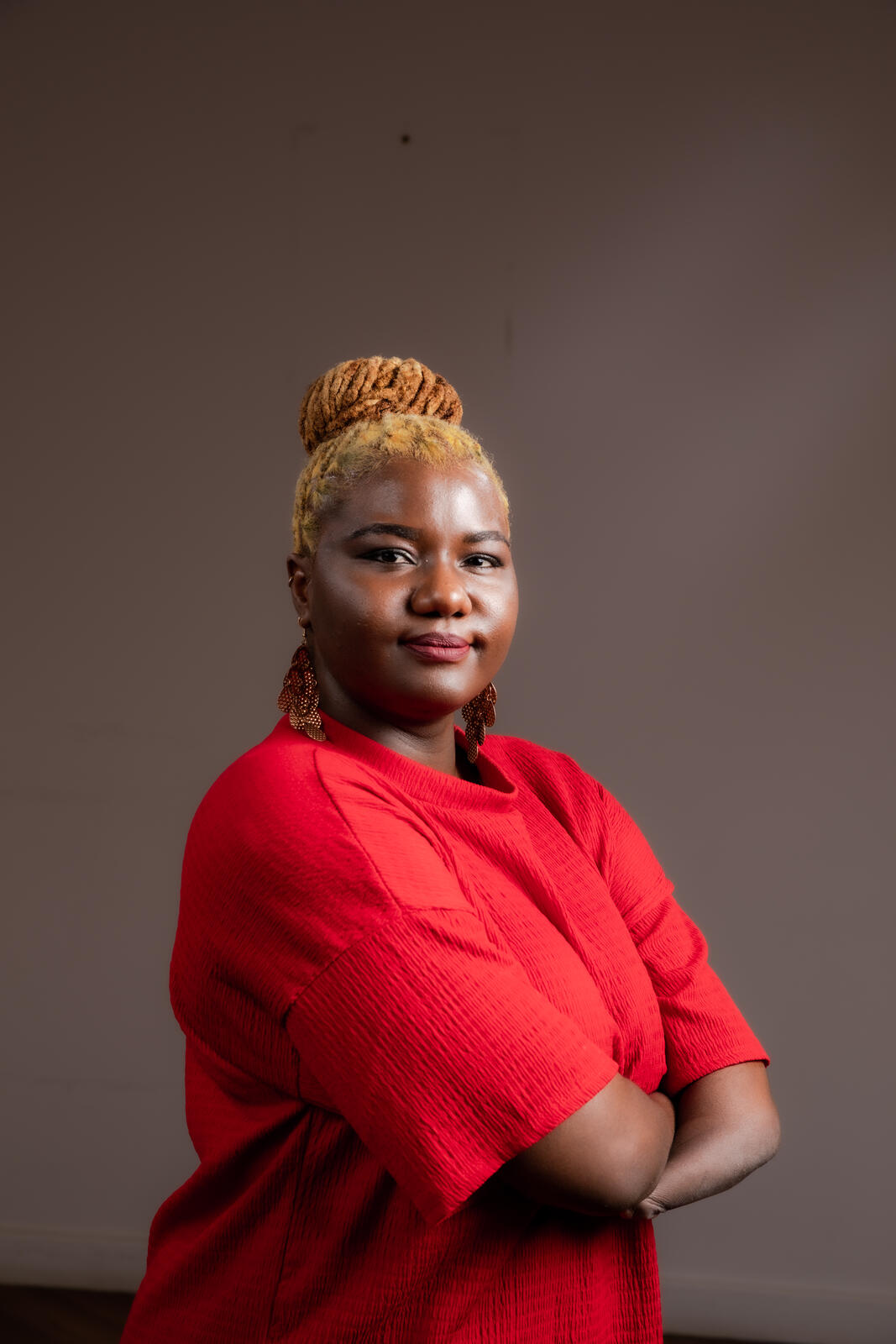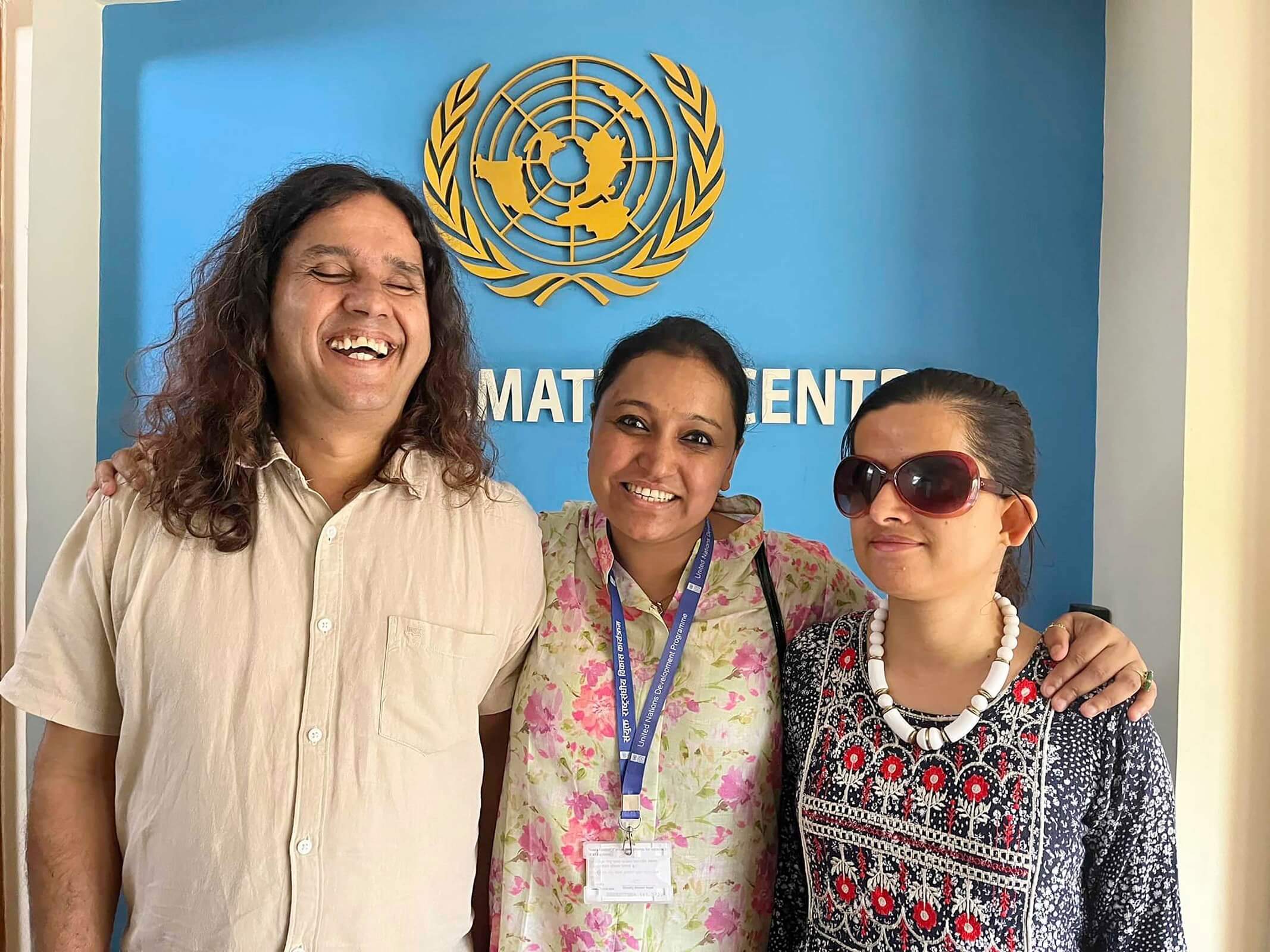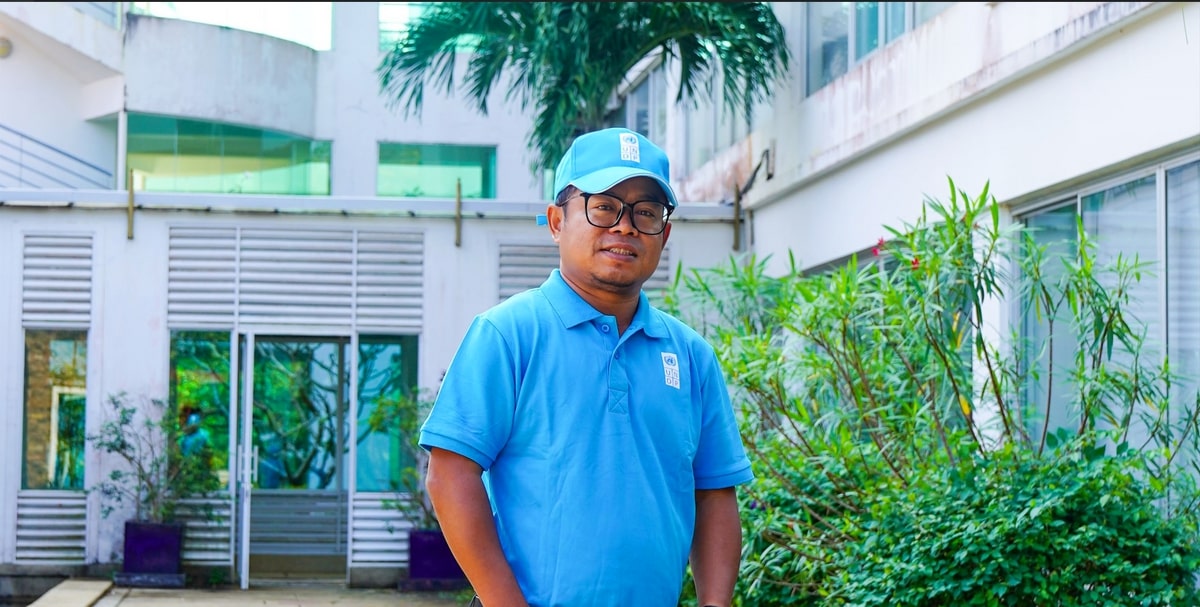

Ana Gómez Escobar: Creating a sense of community among persons with disabilities
Ana Gómez Escobar is from Spain. She was an international UN Volunteer with the UN Resident Coordinator’s Office (UNRCO) in Angola and served as a Monitoring and Evaluation and Coordination Officer. She supported the planning, implementation and reporting of emergency response projects to respond to droughts, a yellow fever outbreak, and a refugee response projects to support the Democratic Republic of Congo (DRC) refugees.
“Workwise, my experience in the United Nations in Angola was one of the most interesting ones I have had. I had the opportunity to assume tasks that would have been very difficult to engage in had I not been a UN Volunteer.”
Ana shares her story and why she chose to volunteer with the United Nations system.
“I had already worked with several NGOs on the humanitarian and development sphere for many years. But I wanted to gain a more in-depth understanding of the sector. Joining the United Nations Volunteers roster seemed like the perfect opportunity to explore new avenues and perspectives within the UN system.
As a Monitoring and Evaluation Coordination Officer, my role was to mainly support the Resident Coordinator and Planning Specialist.
The tasks were many.
I assisted with monitoring the UN Partnership Agreement, providing technical assistance for emergency responses, facilitating UN coordination efforts, and representing the Resident Coordinator's Office in events and different trainings.
My experience helped me learn a lot.
I gained the experiences I wouldn’t have gained had I not been a UN Volunteer. For example, I assisted with developing the United Nations Development Assistance Framework (UNDAF) reports and drafting emergency response plans. I feel my assignment as a volunteer with UNRCO was an entry point in my career.
I also contributed to the planning and reporting of the strategic frameworks of the UN in Angola. This led to improved coordination among UN agencies and promoted the mainstreaming of human rights within UN programs.
These experiences not only enriched my professional growth but also underscored the importance of collaboration and camaraderie.
I had presumed that my physical disability would not have any impact on my work and indeed it didn’t. However, I wanted to understand existing UN policies on disability rights. My interactions and inquiries during this period helped me gain a better understanding of the UN’s work on disability inclusion.
For individuals with disabilities considering a volunteer role with the UN, I would encourage them to be proactive in seeking opportunities, asking questions, and networking within the UN community.
I am a volunteer, I am also a climber! I do adaptive climbing or para climbing – through this, I got connected to a community of climbers with disabilities.
I feel we create our communities through our work – our interests. Going along, I realized that I could do most things, although I might need a different strategy for most things.
After completing her volunteering assignment, Ana worked for other UN agencies, including UN Women and UNESCO. She is now a consultant with UNICEF where she continues to contribute to strategic planning initiatives.
This article was produced with the kind support of Vibhu Sharma, UN Volunteer Communications Specialist for Disability Inclusion. For more information on volunteering opportunities, please click on how to become a volunteer.



